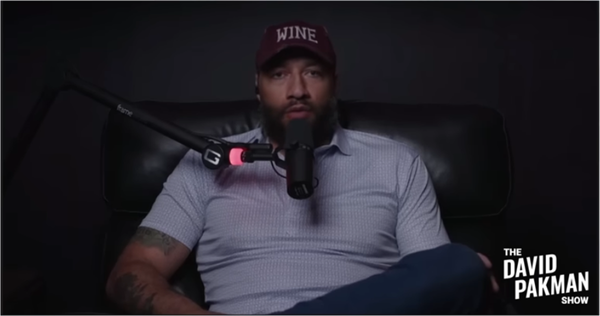
Victims of sexual assault and harassment will be immune to defamation lawsuits for reporting crimes to Victorian police under new legislation, over concerns the threat of legal action was having a “chilling effect” on people coming forward.
The state government is set to introduce the justice legislation amendment (integrity, defamation and other matters) bill on Wednesday, which will also make it easier to gather evidence in family violence matters.
If passed, it will extend the existing defamation defence of absolute privilege to reports made to police.
The attorney general, Jaclyn Symes, said the reform would protect any Victorian who made a report to police, granting them complete immunity if their alleged perpetrator tries to bring a defamation suit against them.
“We know how hard it can be for victim-survivors to report what happened to them. These reforms remove some of the barriers they face in their bravery by coming forward,” Symes said.
“With these changes, we’re making sure our justice system responds better to serious offending like family violence and sexual assault, and is more accessible to all Victorians.”
Reports made to the media will not be covered under the change, which has followed several years of work by federal, state and territory attorneys general – collectively known as the Standing Council of Attorneys-General (Scag).
The reform was led by the Victorian government, which released a consultation paper on the issue in 2022, and found the current defamation laws can have a “chilling effect on reporting sexual abuse or harassment”.
“While reports to the media are not in scope for this reform, these high-profile cases can create public perceptions that question the credibility of victim-survivors and a culture of fear of reporting allegations,” the paper read.
“This perception that victim-survivors will be sued for speaking up can sometimes become a reality when they are threatened with defamation suits.”
The paper said between 70% and 90% of Australians who had been sexually assaulted “had not reported their most recent assault to police”.
In a submission on the proposal, Victoria Legal Aid said it acted for several clients who were threatened with defamation when they raised concerns about sexual harassment in the workplace.
“I felt scared to make any further reports and scared to speak publicly in fear of being sued for defamation,” one woman told Legal Aid.
The bill also clarified the liability and responsibility of “digital intermediaries”, such as search engines and social media platforms, when a third party uses an online service to publish defamatory content.
This change was pushed by the former New South Wales attorney general Mark Speakman and followed a high court ruling in 2021 that found media companies could be held liable for allegedly defamatory comments posted to their Facebook pages.
A Scag meeting in September last year failed to reach unanimous agreement on both changes being adopted by the Victorian government.
While NSW and Victoria committed to introduce laws to come into effect by July, South Australia said it only supported “aspects” of them.
The Victorian bill also allows police-issued body-worn camera footage to be used as evidence in court cases involving a family violence offence or family violence intervention order.
This form of evidence was a recommendation of the royal commission into family violence and reduces the trauma of victims having to make a formal written statement and paperwork for police.
A trial of digitally recorded evidence-in-chief first began in 2018 but was expanded in 2021.
Victorian police told the auditor general in 2022 they could not provide any examples where body-worn camera footage was used in family violence proceedings but that many cases were not proceeding to court.
“Many offenders choose to plead guilty rather than contest a charge if there is video footage,” the report said.
• Information and support for anyone affected by rape or sexual abuse issues is available from the following organisations. In Australia, support is available at 1800Respect (1800 737 732). In the UK, Rape Crisis offers support on 0808 500 2222. In the US, Rainn offers support on 800-656-4673. Other international helplines can be found at ibiblio.org/rcip/internl.html







